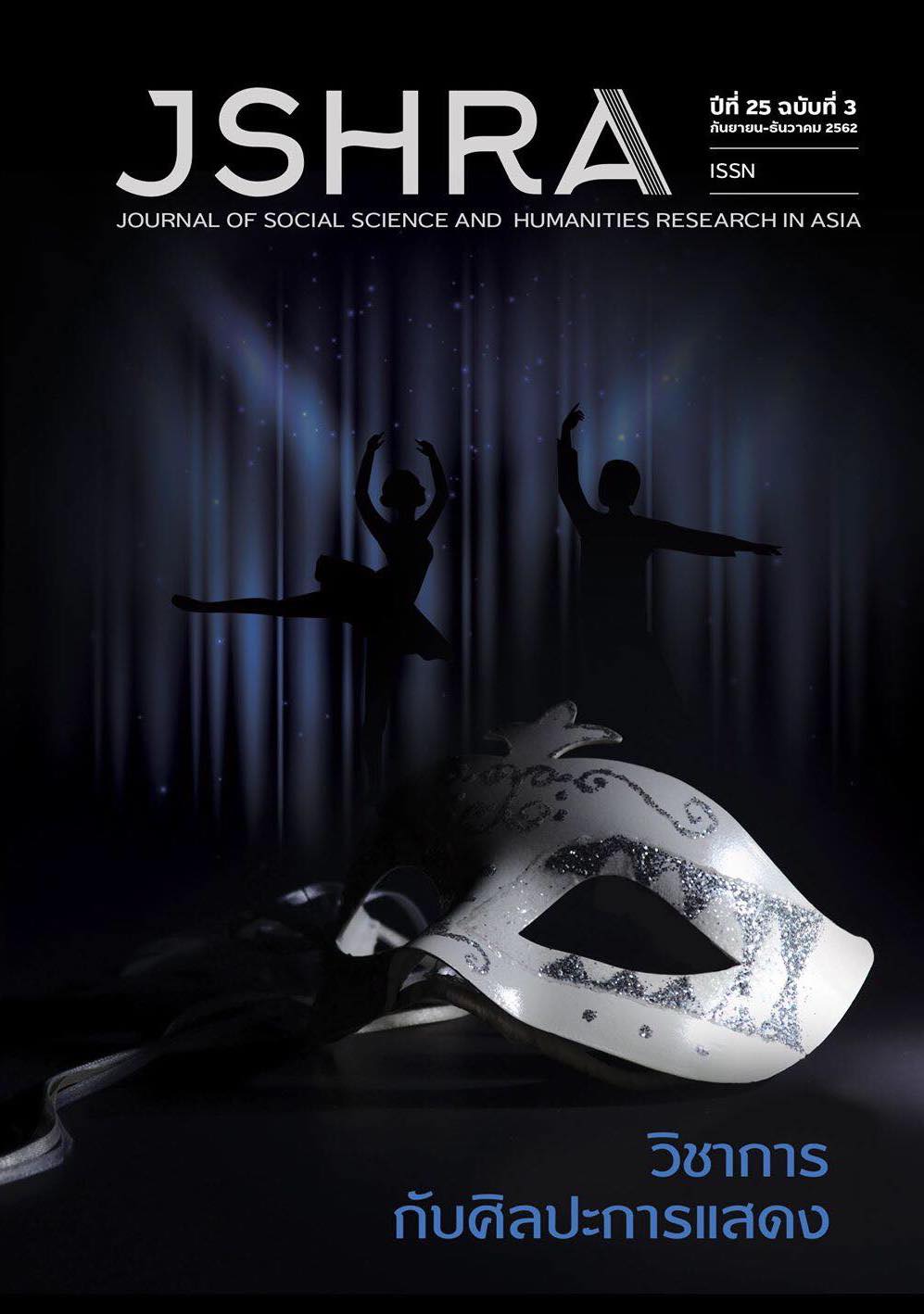บทบาทนักการเมืองระดับท้องถิ่นในพื้นที่ความรุนแรงของจังหวัดชายชายแดนใต้
คำสำคัญ:
การเมืองความรุนแรง, นักการเมืองท้องถิ่น, สามจังหวัดชายแดนภาคใต้บทคัดย่อ
In the context of violence in the southern border provinces over the past 16 years, the ethnicity and religion differences are important factors that determine the roles of local politicians. Particularly, Muslim politicians are working under more difficult circumstances than Buddhist politicians due to the defective legitimacy of Thai State in its relationship with Melayu Muslim people. The circumstance pushes Muslim politicians under a paradoxical position having to take necessary measures to alleviate mistrust occurred between them and Thai State while having to represent the oppressed voice of Muslim people and protect their interests. On the contrary, the Thai nation state in Buddhists’ view is highly legitimate; thus, Buddhist politicians do not have to face the same difficult situation. As a leader of local communities whose political stances are ambiguous and of whom are constantly and negatively affected by the military operation, Muslim politicians as well as Buddhist politicians in areas which communities of both religions live have to do their jobs in spite of the risk to become victims of violence due to their own roles and obligation. The circumstance obligated Muslim politicians to pursue a partial and unstable relationship with the Thai State in order to maintain trust with Melayu Muslim people. This awkward relationship between the State and local leaders in violent areas of southern border provinces is influencing and hindering the development of local capacity.










